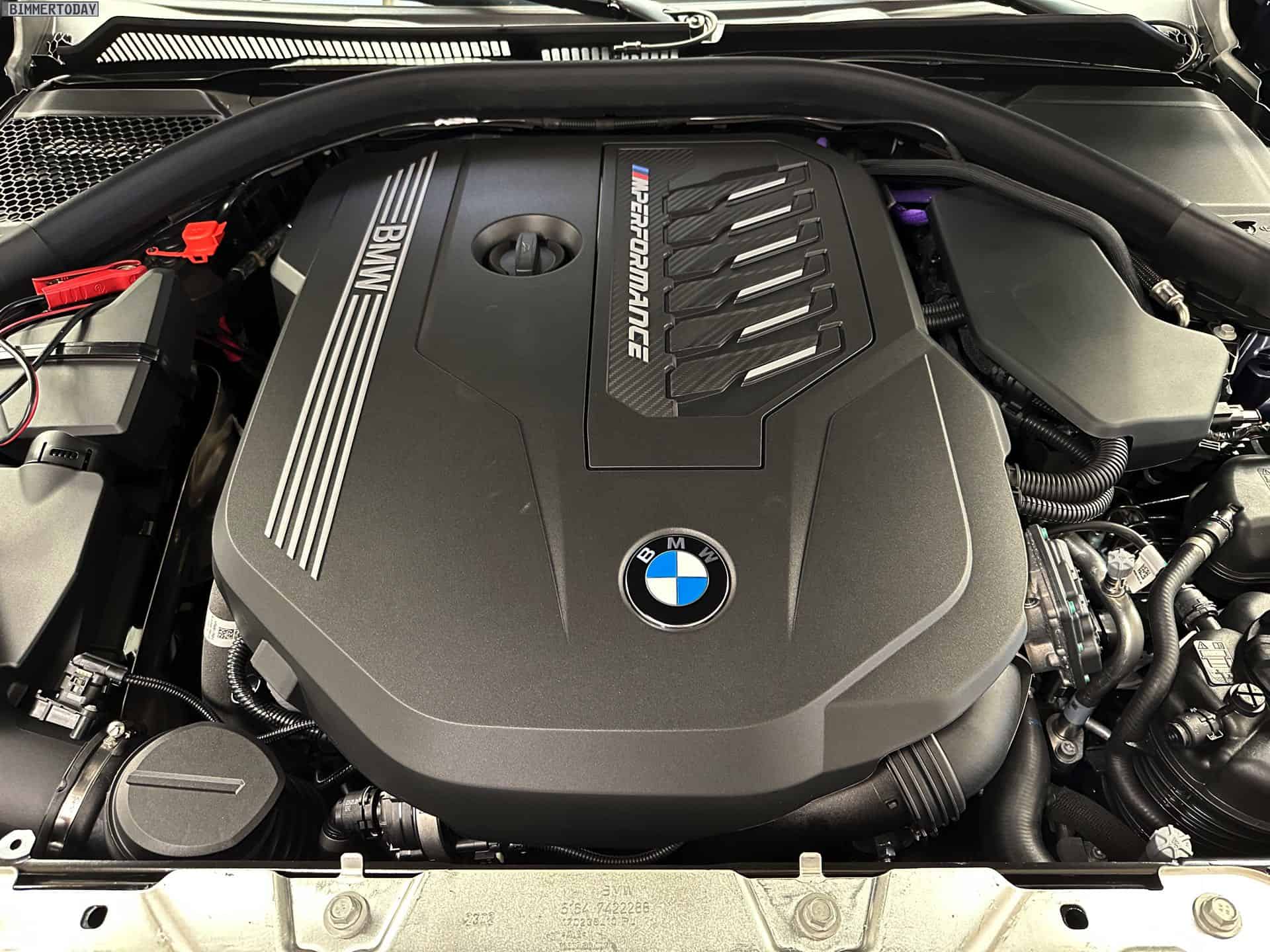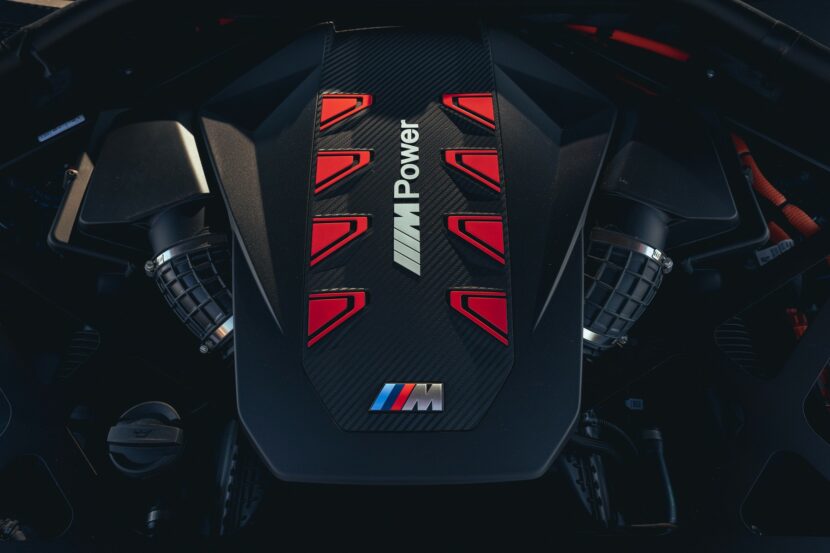BMW and Porsche might just get their wish. It was recently reported that Germany, along with a few other European countries, was trying to postpone the European Union’s effort to ban the sale of new internal combustion engines (ICE) after 2035 until an exception could be made for e-fuels. BMW and Porsche were among the most vocal opponents of such a ban and their squeaky wheels may have just gotten their grease, as the EU just postponed the final vote for the ICE ban.
According to Autocar, both BMW and Porsche feel that ICE engines will still have a large role to play after 2035 thanks to e-fuels. Porsche seems to be the largest advocate of e-fuels, likely because it spent a lot of money on an e-fuel manufacturing facility in Chile. However, German companies do seem to believe in the stuff.
E-fuels are carbon-neutral fuels made from harvesting the carbon to make the fuels out of the air. So any carbon emitted by burning the fuels is either equal or even less than—depending on the efficiency of the engine—the carbon that was harvested to make it. So e-fuel engines would be either carbon-neutral or even carbon-negative. Cost is still a bit issue, as e-fuels are incredibly expensive to make at this point, far more so than traditional gasoline.
Germany’s transport minister Volker Wissing seems to think the bill will pass with a new exception for e-fuel vehicles, saying “Vehicles with combustion engines can also be newly registered after 2035 if they only use CO2-neutral fuels.”
Italy is one of the countries siding with Germany (don’t worry, it’s not like that again) and actually wants to add more exceptions, such as for vehicles that can run on biofuel made from natural waste products. Ferrari and Lamborghini are among the brands backing exceptions as well. Though, Italy alone isn’t enough to continue blocking the law from passing without such an exception,
Interestingly, Porsche’s parent company Volkswagen isn’t as interested in e-fuels, calling the debate “unnecessary noise” and internal combustion “old technology.” Both Volkswagen and Audi have sort of gone all-in on EVs, as both brands want to become entirely electric electric by 2033, two years short of the EU’s deadline. However, BMW seems to think that ICE engines will continue on long after the 2035 cutoff and, not only that, continue to play a big role in transportation.
It will be interesting to see how automakers and legislators navigate these transitional waters as the years go on but it seems like the EU might have at least bent a little bit for German and Italian automakers.
[Source: Autocar]






































































